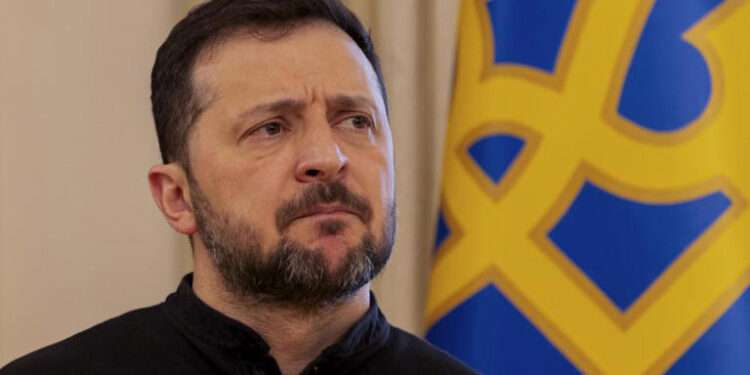As part of efforts to save the nation the huge cost incurred and limit the importation of boats into the country, a sea craft (Fibre Reinforce Plastic Boat) will be built for the first time in Ghana.
This move which is aimed at empowering local industries in the country was disclosed by the Chief of Naval Staff, Real Admiral Seth Amoama when students of the Regional Maritime University (RMU) as part of a project work for Post Graduate Studies in Naval Architecture, designed and built a model of the Fibre Reinforce Plastic (FRP) boat.
The three students who designed the craft were, Lt (GN) Christopher Nii Affah Armah, Lt (GN) Eli Kofi Djamesi and Lt (GN) Kofi Tabi Ankobiah.
Mr Amoama revealed that, “it costs the navy about GH¢1.5 million to import the FRP boat into the country but would only cost about GH¢50,000 to produce one by the students of the RMU with local technology.”
He also disclosed that, students after completion, would be brought on board and provided with the resources to transform the model into a proper sea craft that would be used by the navy.
“In just a couple of months, we would support the students to build the sea craft with local indigenous technology which would be very groundbreaking as far as the activities of the navy are concerned.”
“This is a huge cost saving venture and we would not only produce FRP boats but ensure that we build ships made of steel and aluminum to further save the country money and also improve local industry.”
He added that the country will rather use indigenous materials to build as done by the RMU in collaboration with the Ghana Navy and Teamwork Powerboats Limited and will not continue to import craft from outside.
However, he said the Ghana Navy could not boast of a major craft done by Ghanaians making the development a milestone for the maritime industry as a whole, as it celebrated its 60th Anniversary last year.
Also speaking at the event, the Vice Chancellor of RMU, Prof. Elvis Nyarko commended the students for their creativity in making their vision of building their own craft come to reality and expressed appreciation to the Ghana Navy for coming on board to support and urged them to ensure that the model was developed to be used by the Navy in their operations.
“This is the first-time students were trained to build a craft in the country with very modern and durable designs that would stand the test of time.”
Speaking on the behalf of the three students, Lt (GN) Ankobiah said, it was important for the Ghana Navy to support to build capacity that would locally design and build boats for their operations.
“Adequate funding and modern tools should be made available for the production of such boats and be produced in the country.”





















